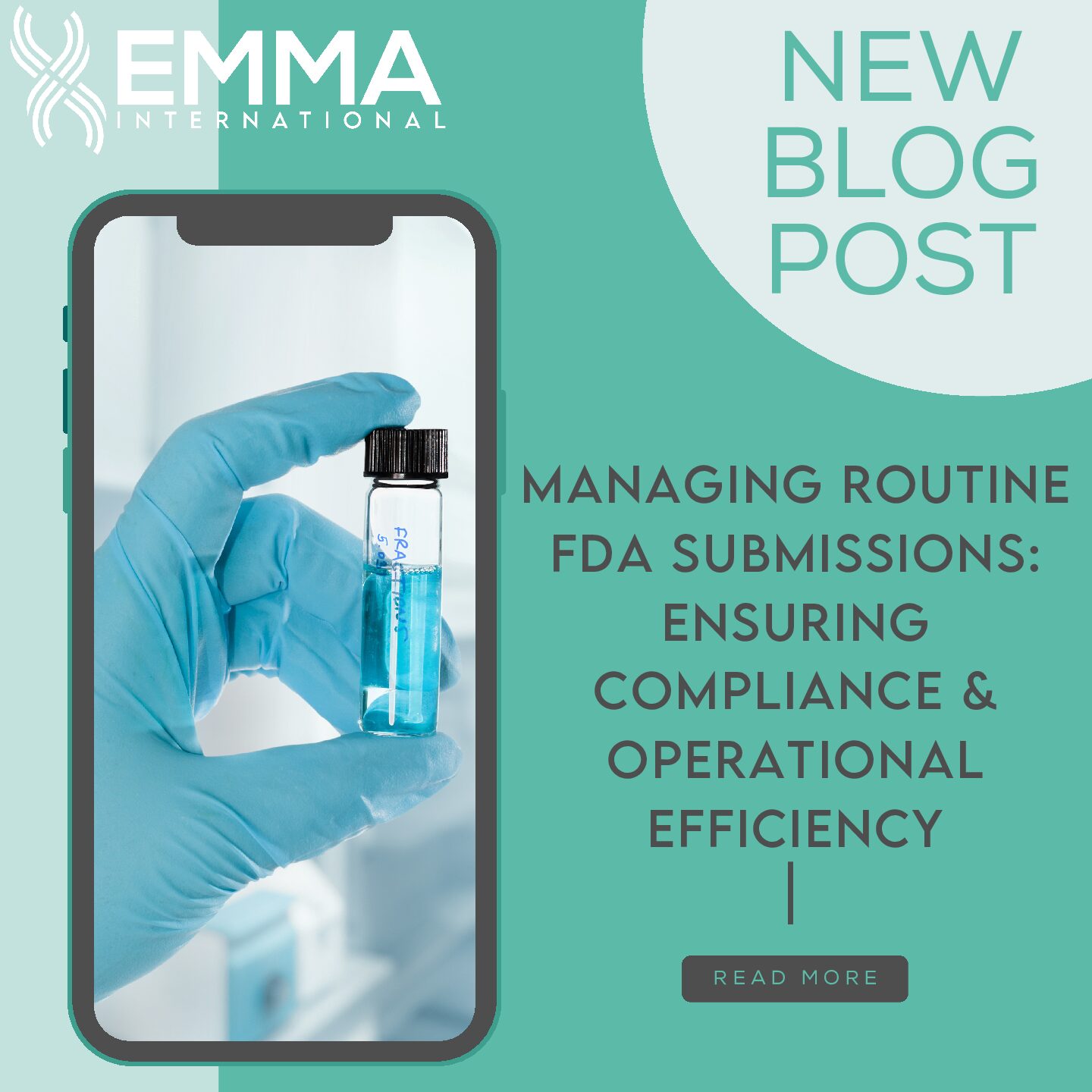The FDA has significantly intensified its enforcement on Out-of-Specification (OOS) testing and investigations, marking a decisive shift from previous regulatory leniency to a zero-tolerance policy for non-compliance. This shift is not isolated to the United States-global regulatory bodies such as the European Medicines Agency (EMA), Health Canada, and the UK’s Medicines and Healthcare products Regulatory Agency (MHRA) are following suit.
Historically, OOS results- when a batch or product does not meet established regulatory specifications- were often handled with minimal oversight, sometimes leading to repeated testing until a passing result was obtained. However, recent FDA warning letters and inspection findings indicate that failure to thoroughly investigate root causes and implement corrective and preventive actions (CAPAs) is now leading to serious enforcement actions, including product recalls, import alerts, and plant shutdowns.
Regulatory Requirements: A Closer Look at OOS Investigations
The FDA’s requirements for handling OOS test results are outlined in 21 CFR Part 211.192, which mandates that all deviations from product specifications be fully investigated and documented. Any failure to follow proper OOS procedures can now lead to severe regulatory consequences. Common violations that have triggered recent Form 483 observations and warning letters include: (1) Failure to conduct a complete investigation when an OOS result occurs, (2) Retesting without scientific justification to obtain an acceptable result, (3) Lack of appropriate documentation for OOS testing and follow-up procedures, and (4) Deficiencies in CAPA implementation, leading to repeat issues across multiple batches.
A Growing Global Trend in OOS Compliance
The FDA’s strict enforcement reflects a broader international trend, with global regulatory bodies emphasizing data integrity, root cause analysis, and quality control in pharmaceutical manufacturing. In 2023, the EMA reported that multiple GMP inspections resulted in non-compliance statements, preventing the sale of products manufactured at non-compliant sites. Similarly, Health Canada and MHRA have increased their focus on data integrity violations, warning manufacturers against OOS test manipulation and poor documentation practices.
How Manufacturers Can Avoid Regulatory Pitfalls
To comply with the FDA’s intensified scrutiny on OOS testing, manufacturers must adopt proactive compliance strategies. Strengthening OOS investigation protocols through rigorous root cause analysis ensures deviations are thoroughly documented and addressed.
Improving data integrity controls by implementing secure electronic batch records and audit trails prevents data manipulation and ensures transparency. Effective CAPA implementation is also crucial—corrective actions must prevent recurrence, not just resolve immediate issues.
Lastly, continuous staff training on OOS investigations, CAPA, and data integrity helps maintain compliance with evolving regulations. By prioritizing these strategies, manufacturers can reduce regulatory risks and maintain product quality.
Partner with EMMA International for Compliance Excellence
With increasing regulatory scrutiny, ensuring robust OOS investigations, data integrity, and CAPA implementation is more critical than ever. EMMA International provides expert guidance to help pharmaceutical manufacturers navigate FDA and global regulatory expectations, ensuring compliance with GMP, data integrity, and quality assurance standards. Our team specializes in OOS root cause analysis, CAPA development, and regulatory documentation, helping companies avoid costly enforcement actions.
Stay ahead of compliance challenges- contact EMMA International today at 248-987-4497 or email info@emmainternational.com to safeguard your regulatory strategy.





